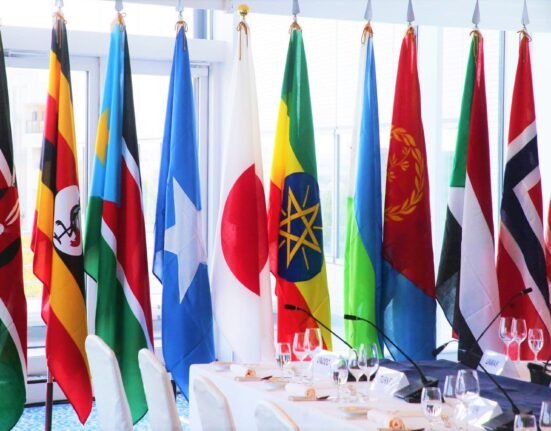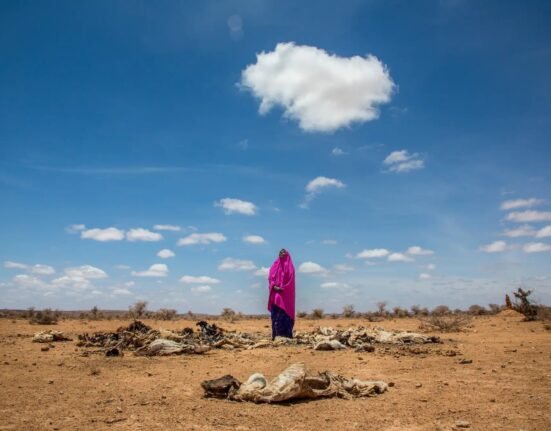Somalia, a country located in the Horn of Africa, has a rich and diverse cultural heritage, with numerous minority groups coexisting within its borders. However, for many years, political participation and representation of these minority groups have been a significant challenge. This article examines the obstacles faced by minority groups in Somalia and highlights the progress made in ensuring their inclusion in the country’s political landscape.
Historical Context:
Somalia has experienced political instability, clan-based conflicts, and the absence of a functioning central government for several decades. Amidst these challenges, minority groups, such as the Bantu, Benadiri, and various ethnic clans, have often found themselves marginalized and underrepresented.
Challenges Faced by Minority Groups:
1. Cultural Barriers: Minority groups in Somalia often face cultural barriers limiting their political involvement and representation. Traditional power structures and patriarchal norms can prevent women and minority voices from gaining influence.
2. Lack of Representation: Historically, minority groups have had limited representation in governmental bodies, leading to a lack of accountability and unequal distribution of resources. This exclusion perpetuates socio-economic disparities within Somalia.
3. Discrimination and Social Inequality: Discrimination against minority groups extends beyond political representation. These communities often face social and economic inequalities, making it difficult to foster meaningful political participation.
Efforts Towards Inclusion:
In recent years, there have been positive steps taken towards promoting political inclusion for minority groups in Somalia.
1. Constitutional Reforms: Somalia’s provisional constitution, established in 2012, recognizes the rights of minority groups and guarantees their political participation. It acknowledges the importance of proportional representation, empowering these communities to engage actively in the political process.
2. Quota System: To address the underrepresentation of minority groups, a quota system has been introduced to ensure reserved seats in the Federal Parliament. This mechanism allows for more equitable representation and helps give voice to minority communities.
3. Civil Society Advocacy: Numerous civil society organizations and human rights groups in Somalia are actively working towards advocating for minority rights and encouraging their participation in decision-making processes. These initiatives play a pivotal role in amplifying the concerns of minority groups and fostering a more inclusive political environment.
The political participation of minority groups in Somalia has long been a contested issue. However, recent efforts focusing on constitutional reforms, quota systems, and civil society advocacy have shown promise in addressing this concern. The inclusion of minority voices is imperative for a thriving democracy and to ensure that governance decisions reflect the diverse nature of Somali society. Continued commitment from government institutions, civil society, and the international community is crucial to overcoming the challenges faced by minority groups and creating an inclusive political landscape in Somalia.






